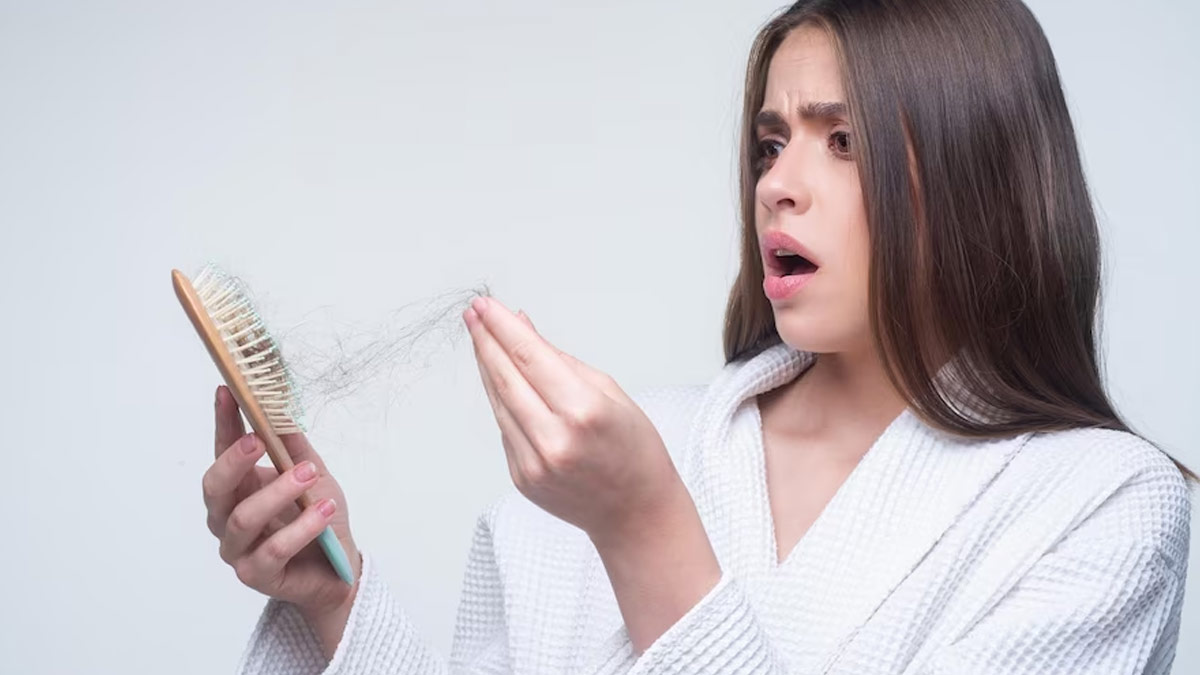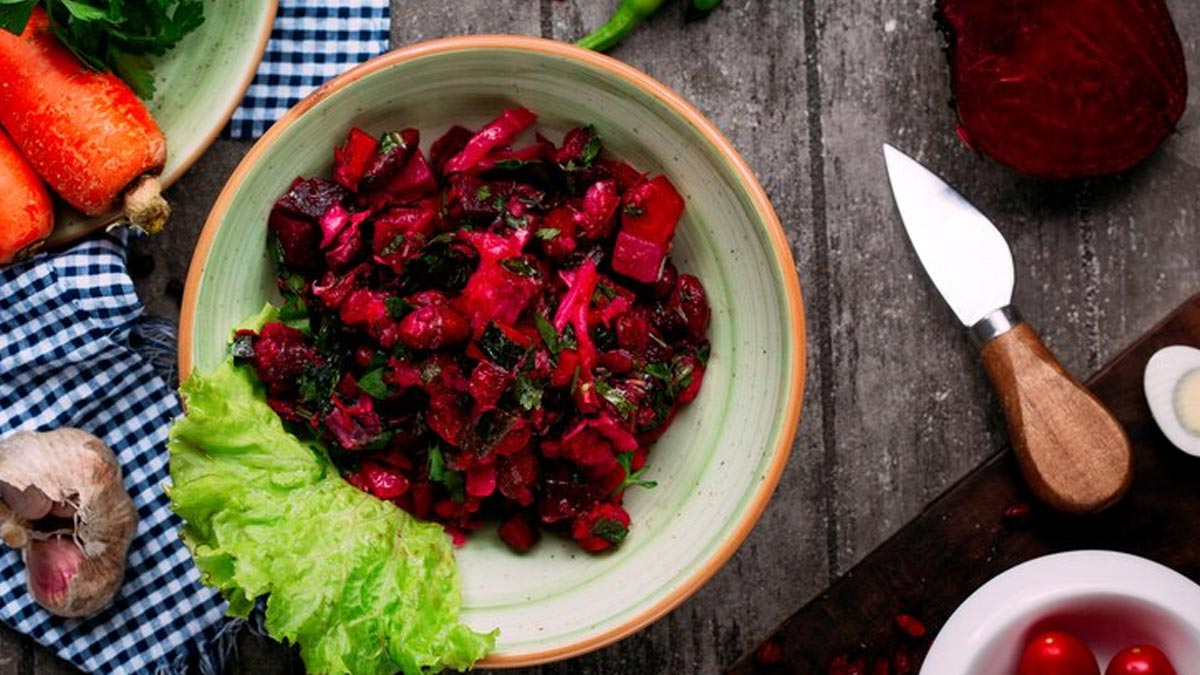
Hair loss can be a distressing experience for many individuals, affecting self-esteem and confidence. While various factors can contribute to hair loss, including genetics, hormonal changes, and medical conditions, one often overlooked aspect is nutrition. Iron deficiency, in particular, plays a significant role in hair health and can contribute to hair thinning and loss.
Table of Content:-
A study conducted by researchers from the Cleveland Clinic Foundation shared that iron deficiency is the world's most common nutritional deficiency that can also delay development, impair behaviour, diminish intellectual performance, and decrease resistance to infection, in addition to hair thinning.

Link Between Iron and Hair Loss
Harvard School of Public Health, iron is an essential mineral that plays a crucial role in various bodily functions, including the production of red blood cells and the transportation of oxygen throughout the body. Adequate oxygen supply is vital for the health of hair follicles, as it supports their growth and maintenance. When iron levels are low, oxygen delivery to the hair follicles may be compromised, weakening the hair shafts, increasing shedding, and ultimately, hair loss.
Identifying iron deficiency early is key to addressing hair loss and preventing further complications. Some common signs of iron deficiency include:
- Fatigue and Weakness: Iron deficiency can lead to reduced oxygen delivery to tissues and organs, resulting in feelings of fatigue and weakness.
- Pale Skin: A lack of iron can cause a decrease in red blood cell production, leading to paleness or a yellowish tint to the skin.
- Brittle Nails: Iron deficiency may manifest in brittle, ridged, or spoon-shaped nails, which are prone to breaking and splitting.
- Shortness of Breath: Insufficient oxygen supply to the body's tissues may result in shortness of breath, particularly during physical exertion.

Adding Iron-Rich Foods To Your Diet
To combat hair loss associated with iron deficiency, it's important to include iron-rich foods in your daily diet. Some excellent sources of dietary iron include:
- Lean Meats: Beef, pork, and poultry are rich sources of heme iron, which is more readily absorbed by the body compared to non-heme iron found in plant-based foods.
- Seafood: Shellfish like oysters, clams, and mussels are excellent sources of iron, as well as other nutrients like zinc and vitamin B12, which are also important for hair health.
- Legumes: Beans, lentils, and chickpeas are plant-based sources of iron that are suitable for vegetarians and vegans. Pairing these foods with vitamin C-rich fruits and vegetables can enhance iron absorption.
- Leafy Greens: Spinach, kale, and Swiss chard are packed with iron, along with other essential vitamins and minerals that promote overall health.
- Fortified Foods: Many breakfast cereals, bread, and pasta are fortified with iron, making them convenient options for boosting your iron intake.
Also Read: Nutrition For Hair Fall: Here’s How Food Can Tackle Hair Fall
Hair loss can be a challenging issue to navigate, but by addressing underlying nutritional deficiencies like iron deficiency, you can take proactive steps towards improving hair health and regaining confidence. Incorporating iron-rich foods into your diet is a simple yet effective way to support hair growth and prevent further loss. If you suspect you may have iron deficiency or are experiencing significant hair loss, consult with a healthcare professional for personalised guidance and treatment options. Remember, nourishing your body from the inside out is key to maintaining vibrant and healthy hair for years to come.
Also watch this video
How we keep this article up to date:
We work with experts and keep a close eye on the latest in health and wellness. Whenever there is a new research or helpful information, we update our articles with accurate and useful advice.
Current Version